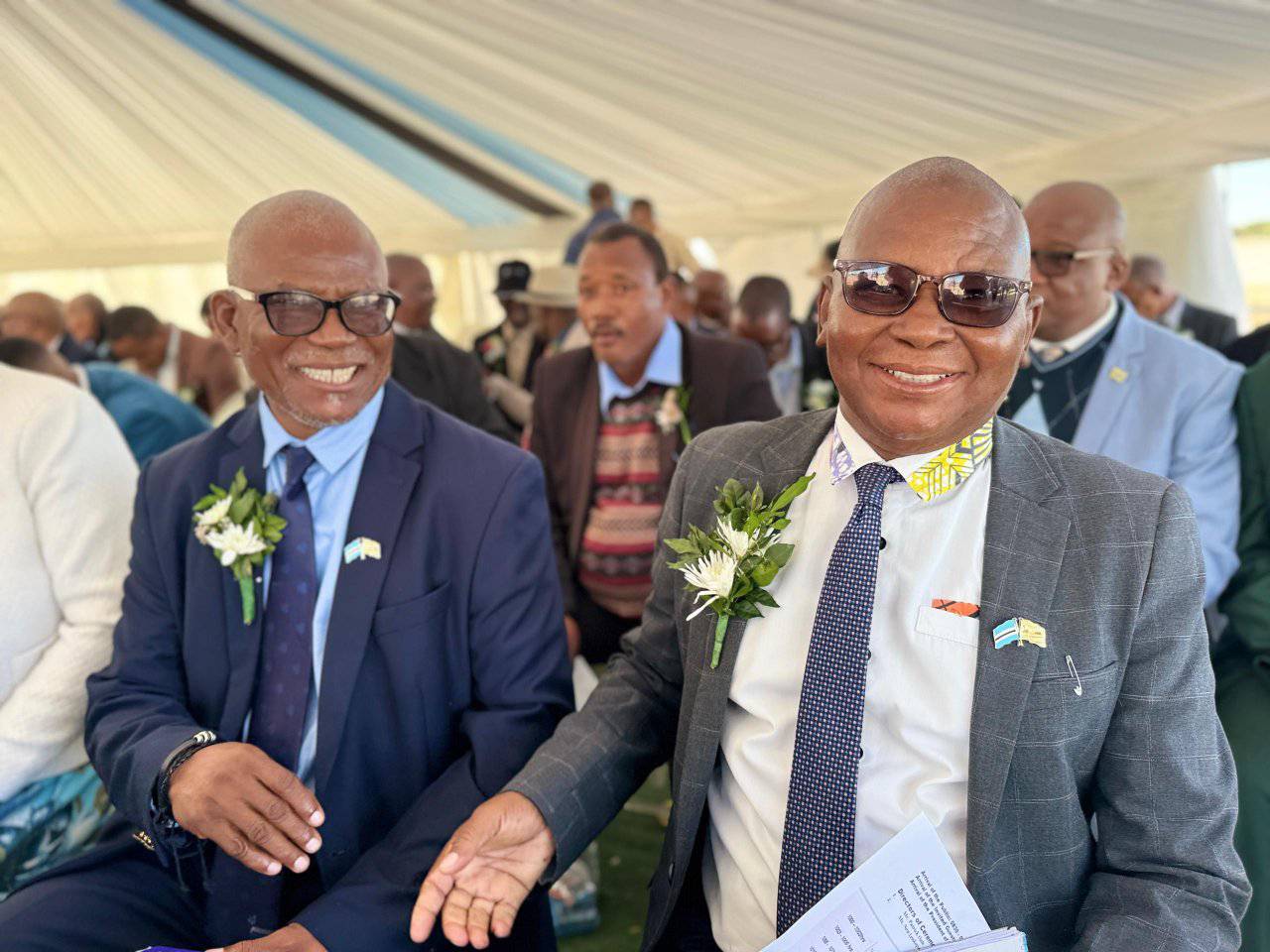Botswana is taking bold steps to safeguard its rangelands and secure the future of rural livelihoods through the Ecosystem-Based Adaptation and Mitigation in Botswana’s Communal Rangelands project. Spearheaded by Chief of Party at Conservation International, Ms. Portia Segomelo, this transformative initiative is focused on building climate resilience, restoring degraded land, and creating climate-smart opportunities across 104 villages.
With the support of the Green Climate Fund (GCF), the project is being rolled out in three key districts—Ngamiland (52 villages), Kgalagadi (36 villages), and Bobirwa (16 villages)—each facing unique environmental and socio-economic challenges linked to climate change and land degradation.
Building Strong Institutions for Climate-Responsive Management
Ms. Segomelo emphasizes that the project is designed to deliver high-impact outcomes by strengthening the institutions and support systems that guide climate-responsive planning in communal rangelands. Through improved governance and inclusive decision-making, the initiative aims to embed sustainable land use practices into local systems and empower rural communities to become active stewards of their environment.
“Strong, coordinated institutions are key to ensuring that policies and programmes work in harmony to address the root causes of desertification and unsustainable land use,” she said.
Climate-Smart Livelihoods and Livestock Management
At its core, the project targets climate-smart livelihoods as a pathway to long-term resilience. Communities will be supported with tools and training to adopt sustainable livestock management techniques, regenerate overgrazed land, and reduce greenhouse gas emissions.
This includes the promotion of rangeland restoration, rotational grazing, and indigenous knowledge systems that have sustained pastoral livelihoods for generations. These practices not only improve soil and water retention but also help buffer communities against climate shocks such as drought.
Multi-Stakeholder Collaboration and Funding Success
According to Ms. Segomelo, a key driver of the project’s success so far has been the strong collaboration between local stakeholders, including village authorities, political leaders, and national policymakers. The government of Botswana’s successful engagement with the Green Climate Fund has unlocked essential financing that will be invested in capacity building, training programs, and on-the-ground implementation.
“These funds will enable villages to build knowledge, access resources, and implement strategies that restore ecosystems and protect livelihoods,” she said.
A Model for Sustainable Rangeland Management
The Ecosystem-Based Adaptation and Mitigation project is more than just a climate intervention—it is a model for sustainable development that integrates ecological restoration with economic empowerment. By prioritizing community engagement and institutional resilience, it aims to reverse land degradation, reduce carbon emissions, and help Botswana meet its climate action commitments under international frameworks.
As climate change continues to threaten ecosystems and rural livelihoods across Southern Africa, Botswana’s ambitious rangeland project stands out as a proactive, locally-driven solution with regional and global relevance.










